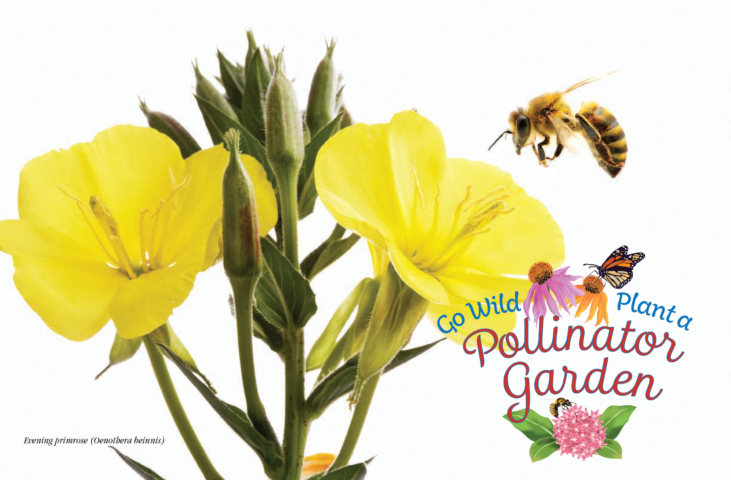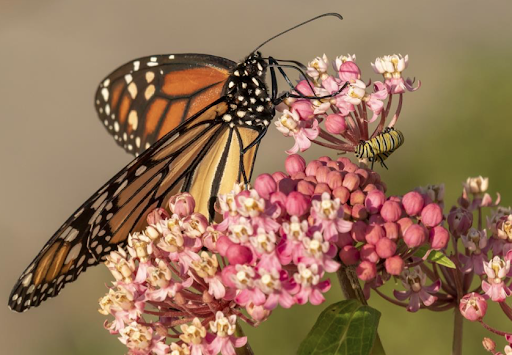The International Union for the Conservation of Nature listed the iconic monarch butterfly as endangered globally on July 21, citing threats to its habitat from climate change, extreme weather and deforestation.
The IUCN is the world’s largest and most diverse environmental network made up of hundreds of members, government, non-government and indigenous peoples around the globe dedicated to protecting and conserving natural life.
The butterfly has been listed as endangered by the Canadian government since 2016. The New Brunswick government recently posted draft regulations to list it as a special concern under the Species at Risk Act (SARA).
Though the population of monarch butterflies in N.B. varies from year to year, the eastern North American monarch population has declined by 80 per cent over a span of nearly three decades.
The New Brunswick listing was recommended by the scientists who are members of the Minister of Natural Resources’ Committee on the Status of Species at Risk, appointed in 2020.
The independent committee of experts assesses the biological status of species that are in trouble and then makes recommendations to the minister. After that, the minister is supposed to ensure that recovery plans are developed and steps taken to conserve species habitat.
In the monarch’s case, special concern means they are on the way to becoming either threatened or endangered in the province.
The monarch’s extremely impressive migration of around 5,000 kilometres annually is significantly impacted by climate change and forest fires down south, as well as logging and the spraying of pesticides and herbicides destroying their habitat.
Want to help the endangered monarch? There’s a couple things you can do right away.
Stop Herbicide Use In Our Forests
Protecting their migratory habitat from herbicides and pesticides is one of the most impactful ways to save monarchs. Click here to add your voice to our campaign to stop the spraying of glyphosate-based herbicides in New Brunswick’s forests.

Planting and/or protecting native milkweed in N.B. is crucial because monarchs will only lay their eggs on these specific plants. Check out our helpful guide on planting your own pollinator garden.
And, the International Monarch Monitoring Blitz happens from July 29 and August 7, where local organizations including our friends at Nature NB and the Nashwaak Watershed Association are encouraging New Brunswickers to take photos of monarchs using the app iNaturalist to help collect data for conservation purposes.
A guide to the Species at Risk Act (SARA)
Special concern species: Species which may become threatened or endangered because of a combination of biological characteristics and identified threats.
Threatened species: Species which are likely to become endangered if nothing is done to reverse the factors leading to their extirpation or extinction.
Endangered species: Species facing imminent extirpation or extinction.
Extirpated species: Species which no longer exist in the wild in Canada, but exist elsewhere in the wild.
Certain steps are taken when considering species listed through SARA:
Listing Species: The Minister is required to establish a List of Species at Risk through regulation (section 18).
Feasibility Assessment: The Minister is required to ensure that assessments are conducted for all extirpated, endangered, and threatened species to determine if recovery is feasible (subsection 21(1)).
Recovery Strategy: If the feasibility assessment concludes that recovery is feasible, the Minister is required to prepare or adopt a recovery strategy (subsection 21(4)).
Management Plan: The Minister is required to prepare or adopt a management plan for all species listed as species of special concern (subsection 20(1)).
Protection Assessment: The Minister must prepare protection assessments for all extirpated, endangered, and threatened species to determine whether prohibitions to protect the species and their habitats should be applied (section 25(1)).
Learn more about forestry reform and nature protection in N.B.
Learn more about forestry reform and nature protection in N.B.

